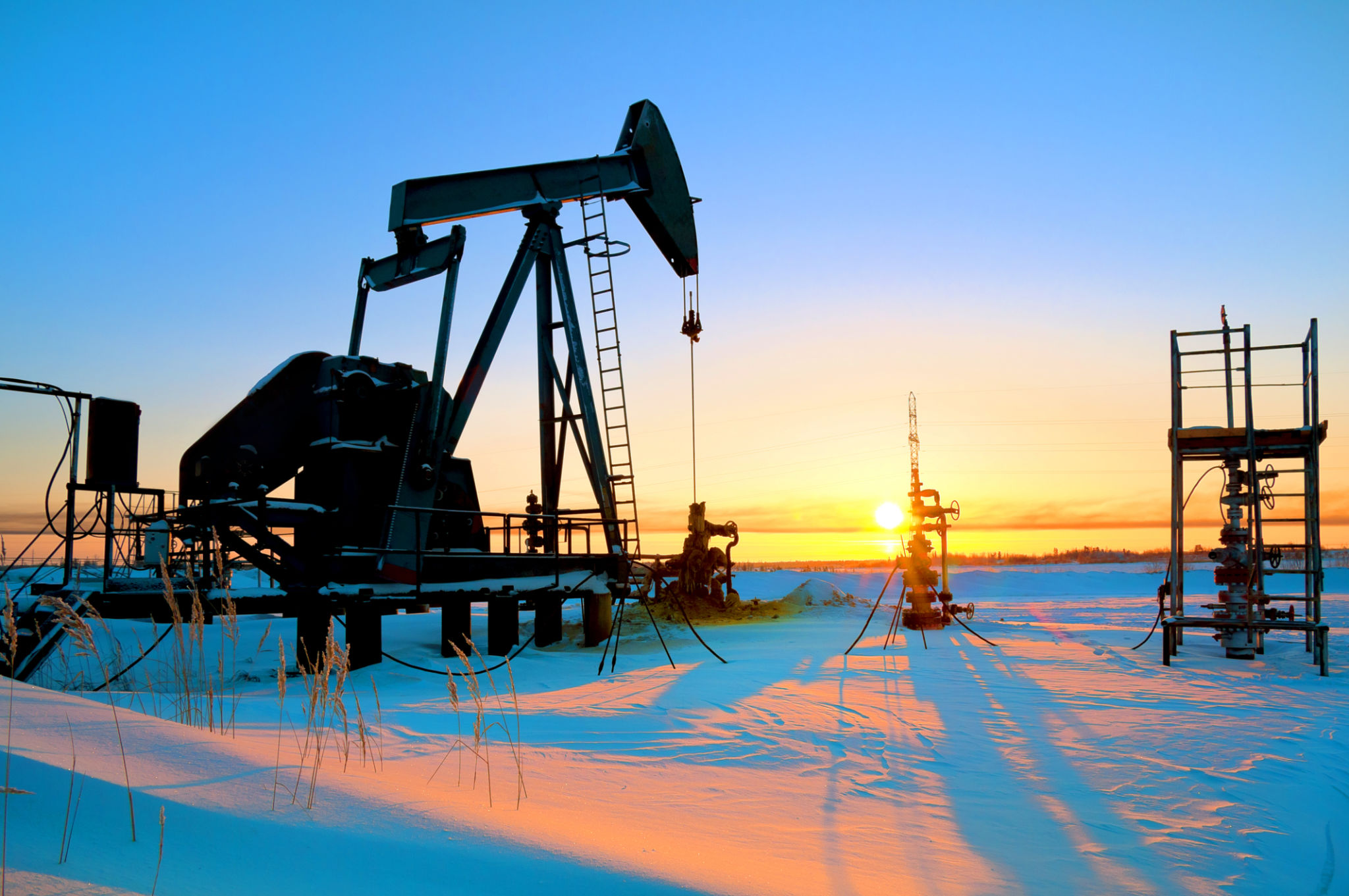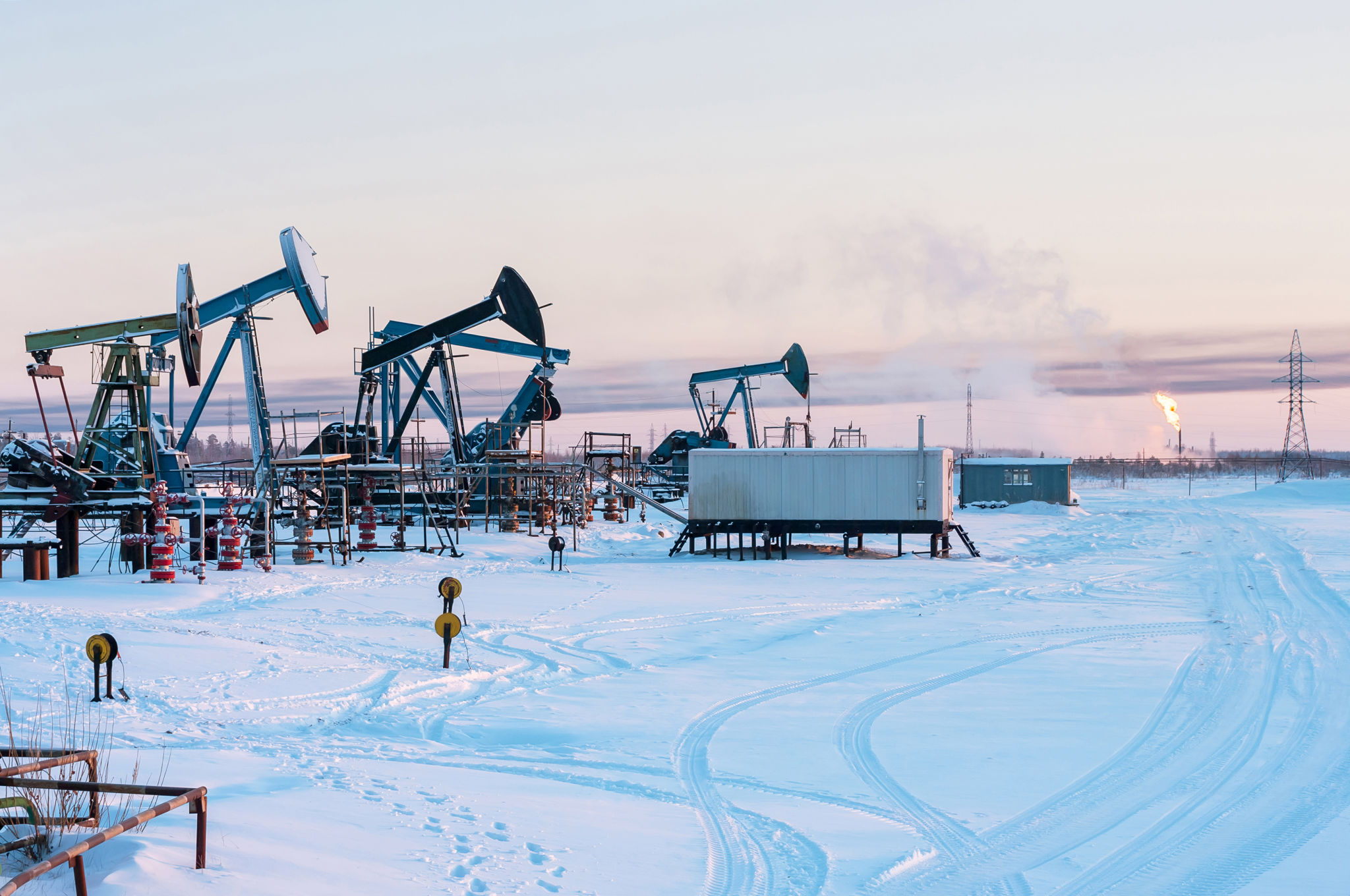Preparing Your Oil Field Operations for Seasonal Challenges
Understanding Seasonal Challenges in Oil Field Operations
Operating oil fields involves navigating various environmental and logistical challenges, especially when seasons change. From extreme temperatures to unpredictable weather patterns, each season brings its own set of obstacles. Recognizing these seasonal challenges is the first step towards ensuring seamless operations throughout the year.

Preparing for Winter
Winter presents unique hurdles such as freezing temperatures and heavy snowfall, which can impede access to oil fields and damage equipment. To prepare for winter, it is crucial to winterize equipment by insulating pipes and using antifreeze solutions. Additionally, ensure that vehicles and machinery are equipped with winter tires and are regularly maintained to prevent breakdowns.
Safety Measures
Ensuring the safety of personnel is paramount during winter operations. Implementing training programs focused on cold weather safety and providing appropriate gear like insulated clothing and boots can significantly reduce risks associated with frostbite and hypothermia.

Adapting to Spring Thaw
As temperatures rise, oil fields experience the spring thaw, which can lead to muddy conditions and weakened infrastructure. Roads and drilling sites may become less accessible, requiring strategic planning for transportation and logistics. Utilizing all-terrain vehicles and reinforcing roads with gravel can help mitigate these issues.
Monitoring Environmental Impact
Spring is also a time to monitor the environmental impact of operations. The thawing ground can affect local ecosystems, so it's essential to conduct regular environmental assessments and adjust operations to minimize any negative effects.

Managing Summer Heat
Summer brings high temperatures that can pose challenges such as overheating equipment and increased risk of dehydration among workers. It's important to schedule regular maintenance checks to ensure equipment operates efficiently in higher temperatures. Implementing heat stress management protocols for personnel is also vital.
Optimizing Energy Use
During summer, optimizing energy use becomes crucial as increased temperatures can lead to higher energy consumption. Consider using energy-efficient technologies and renewable energy sources where feasible to reduce operational costs and environmental impact.

Addressing Autumn Challenges
Autumn often brings unpredictable weather patterns, including storms and heavy rainfall. Preparing for these conditions involves ensuring that drainage systems are clear and effective, as well as having contingency plans in place for potential flooding or power outages.
Regular Maintenance Checks
Conducting regular maintenance checks during autumn can prevent potential issues from escalating. This includes inspecting equipment for wear and tear, ensuring storage tanks are secure, and verifying that all emergency procedures are up-to-date.
By taking a proactive approach to seasonal changes, oil field operations can maintain productivity and safety throughout the year. Implementing these strategies will not only ensure smooth operations but also protect the health of workers and the surrounding environment.